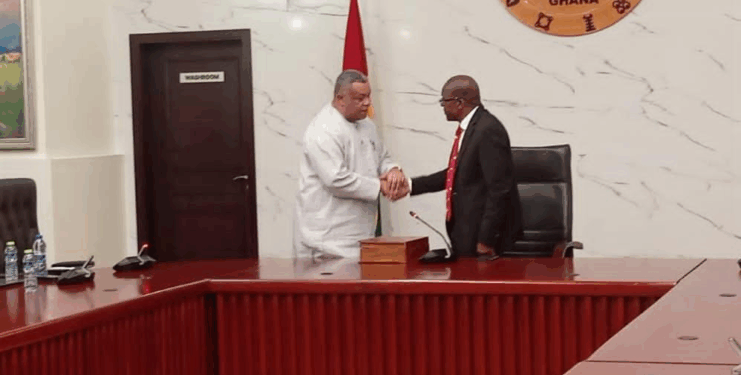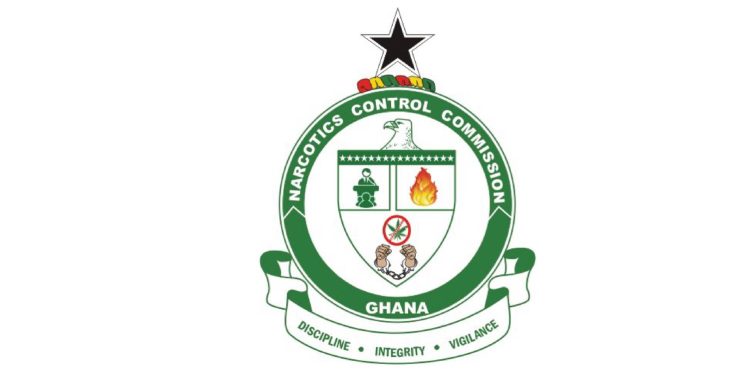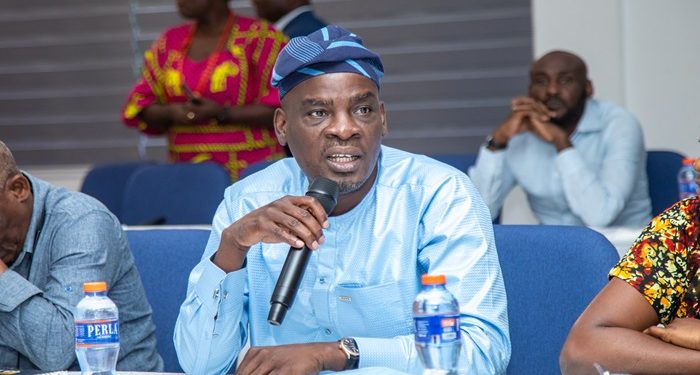ACCRA, July 10, (Reuters) – Ghana’s Mining Commission has recommended reducing controls on the industry and scrapping mandatory state participation in mining firms, a senior commission source said on Wednesday.
The proposed reforms would do away with the government’s “golden share” in Ashanti Goldfields Co. Ltd — which was blamed for the collapse of a takeover bid in 1999.
The source said the government-appointed commission was working with the World Bank and the government to review mining laws that experts say make mining in Ghana less competitive and attractive to foreign investors than elsewhere in Africa.
Industry sources say the number of companies doing exploration work in the West African country has dropped to six now — all local — from a peak of 60 firms in 1997.
“We’ve asked for the amendment of the law that gives government rights to obtain shares in foreign mining companies,” said the source, who requested anonymity.
“In particular, the confiscatory provisions and the concept of the ‘golden share’, at a time of shareholder activism and intense competition for investible resources, should be urgently reviewed,” the source said.
STATE HOLDS STAKE IN MINES
Ghana’s mining code means the state holds a minimum 10 percent in every local mining company. In Ashanti’s case, it also has a ‘golden share’ of no monetary value, allowing the government to override management decisions and block mergers.
UK-based platinum miner Lonmin Plc withdrew a buy-out offer for then-troubled Ashanti in late 1999 due to opposition from the Ghanaian government. Analysts blamed the golden share for subsequent falls in Ashanti’s share price.
Ashanti said in April it had made progress in talks with the new government of President John Kufuor — regarded as more pro-business than his predecessor Jerry Rawlings — on removing the golden share.
A month later the government hinted it might sell shares in Ashanti and other companies to raise funds.
The source said legal provisions, allowing the government to suspend or cancel companies’ mining rights and transfer a company’s property to the state if it goes into liquidation, would also be under review.
A clause meaning that a successful prospector does not automatically get a mining lease would also go.
“These changes will give companies a free hand to run their businesses and give greater legitimacy to prospectors, so that the ore they discover does not potentially go to another miner,” the source said.
A World Bank team is expected to visit Ghana in August to finalise work on the amendments with the government, and the new laws could come into force by December, the source said.
Mining rivals cocoa as Ghana’s top earner of foreign exchange, accounting for an average six per cent of gross domestic product, with revenues topping $698 million in 2000.
Source: GhanaWeb











